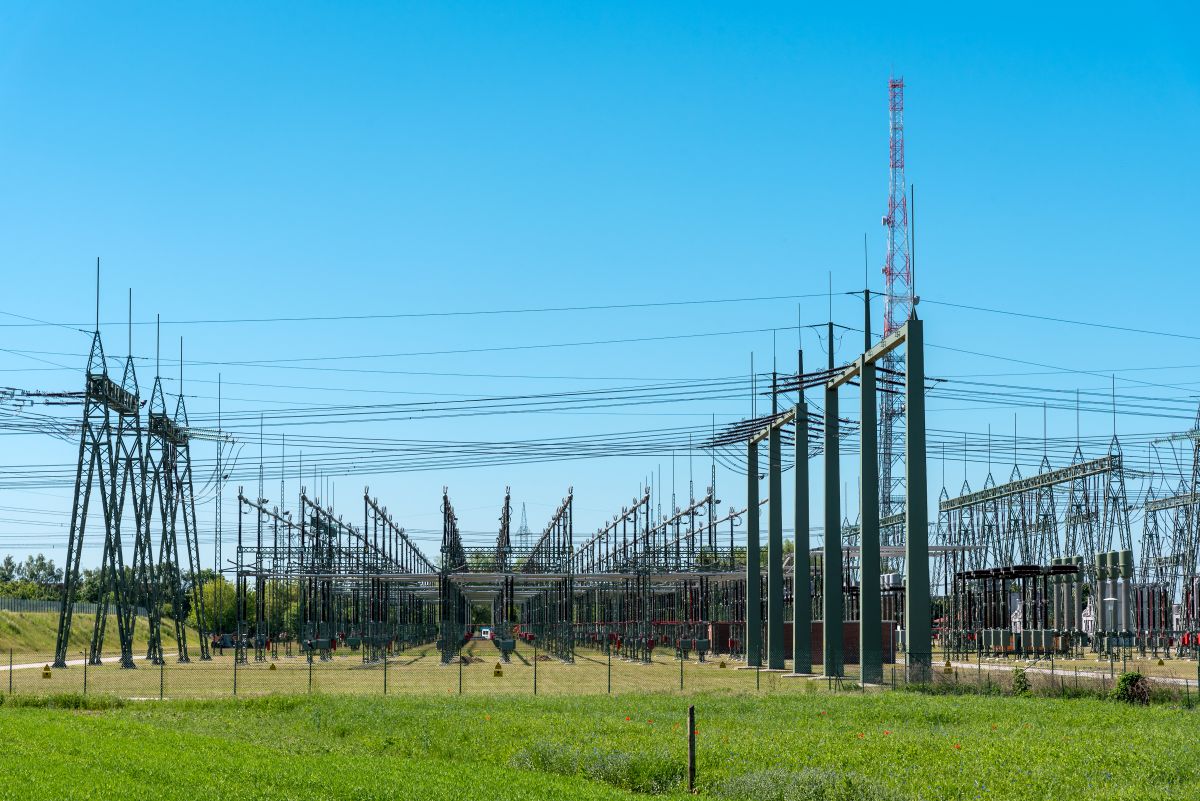Ensuring compliance with North American Electric Reliability Corporation (NERC) standards is vital for maintaining the security and reliability of the bulk power system. Despite the critical importance of these regulations, many organizations encounter challenges in adhering to them due to common pitfalls. Understanding and addressing these challenges is essential for maintaining operational efficiency and avoiding costly penalties. This blog will delve into some of the most prevalent challenges in NERC compliance and offer actionable strategies to overcome them.
Inadequate Understanding and Training on NERC Standards
One of the most significant pitfalls in NERC compliance is the inadequate understanding of the standards and insufficient personnel training. NERC standards are comprehensive and detailed, and a thorough understanding is required to implement them correctly. Organizations often underestimate the complexity of these standards, leading to gaps in compliance. This lack of understanding can result in improper implementation of controls and protocols, ultimately exposing the organization to potential security breaches and non-compliance penalties.
Organizations must invest in regular, comprehensive training programs for their staff to avoid this pitfall. Training should cover all aspects of NERC standards, from the fundamental principles to the specific requirements of each standard. Utilizing resources such as workshops, webinars, and online courses can enhance the employees’ knowledge base.
Insufficient Documentation and Record-Keeping
Another common issue in achieving NERC compliance is insufficient documentation and record-keeping. Accurate and thorough documentation is a cornerstone of NERC compliance, as it provides the evidence needed to demonstrate adherence to the standards. Many organizations fail to maintain comprehensive records, leading to difficulties during any sort of audit and inspection. Poor documentation practices can result in significant delays, increased scrutiny from regulators, and ultimately, non-compliance findings.
To mitigate this risk, organizations should implement robust documentation and record-keeping practices. This includes maintaining detailed records of all compliance activities, such as training sessions, security assessments, and incident response actions. Utilizing centralized document management systems can streamline this process, ensuring all records are easily accessible and well-organized. Regular internal audits can also help identify gaps in documentation and allow organizations to address them proactively.

Inadequate Cybersecurity Measures and Incident Response Plans
In the digital age, cybersecurity is a critical component of NERC compliance. However, many organizations fall short of implementing adequate cybersecurity measures and incident response plans. This deficit can leave critical infrastructure vulnerable to cyberattacks, potentially leading to widespread disruptions and regulatory penalties. Common issues include outdated security protocols, insufficient monitoring of network activities, and a lack of comprehensive incident response strategies.
To address these challenges, organizations should adopt a proactive approach to cybersecurity. This includes implementing state-of-the-art security technologies, such as firewalls, Intrusion Detection Systems (IDSs), and encryption protocols, to safeguard sensitive data and critical systems. Regular vulnerability assessments and penetration testing can help identify and rectify security weaknesses before they can be exploited.
Failure to Perform Regular Compliance Audits and Reviews
Routine compliance mock audits and reviews are vital for maintaining adherence to NERC standards. However, many organizations neglect this crucial aspect, leading to many overlooked non-compliance issues. Mock audits help identify potential areas of non-compliance and provide an opportunity to address them before they result in significant problems. Failure to perform these audits can result in undetected issues that may escalate into serious violations, causing damage to the organization’s reputation resulting in penalties for violations of reliability standard requirements up to $1,000,000 per day per violation.
Organizations should establish a rigorous schedule for internal compliance audits to avoid this pitfall. These audits should be conducted by qualified personnel who have a deep understanding of NERC standards and the organization’s specific compliance requirements. Utilizing third-party auditors can also provide an unbiased assessment of the compliance status and offer valuable insights into potential improvements.
Conclusion
Overall, achieving and maintaining NERC compliance is a complex but essential task for organizations in the energy sector. Organizations can enhance their compliance efforts by understanding and addressing common pitfalls such as inadequate understanding of standards, insufficient documentation, and failure to perform regular audits. Investing in comprehensive training, implementing robust documentation practices, adopting advanced cybersecurity measures, and conducting regular compliance audits are all critical steps in this process. By taking these actions, organizations can ensure the reliability and security of their operations, avoid costly penalties, and contribute to the overall stability of the bulk power system.
Disclaimer: Any opinions expressed in this blog do not necessarily reflect the opinions of Certrec. This content is meant for informational purposes only.












